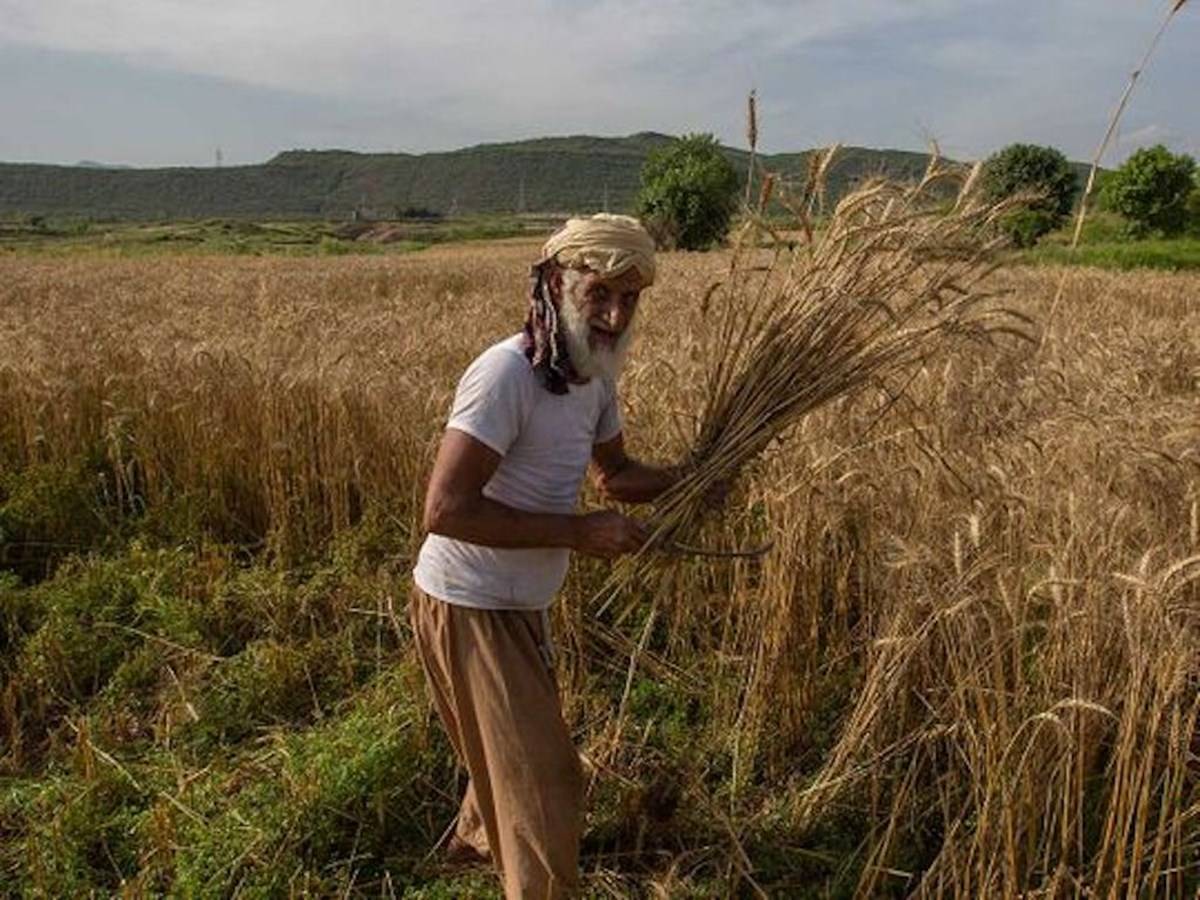
After spearheading the never-ending farmers' agitation with ulterior motives in the manner of a wolf in sheep's apparel, arhtiyas or bichauliyas, two synonymous words with belittling consequences of crafty and catching middlemen, the Narendra Modi government will be cursed ever more for its MSP-DBT dovetail mandated from the current rabi marketing season after having spearheaded the unending farmers' agitation.
Direct benefit transfers (DBT) were formerly associated with insurance benefits such as pensions and gas subsidies. Farmers' bank accounts connected to their Aadhaar numbers will now be credited with the minimum support price (MSP) that the government procuring agency Food Corporation of India (FCI) is required to pay them.
Benefits of MSP-DBT linkage
The cunning arhtiyas, especially in the granary states of Punjab and Haryana, have had a stranglehold on farmers by doubling as financiers and marketing agents, allowing them to pass on the MSP earned in bulk to the degree they wished after deducting their usury interest and service charges, as well as the principal loan amounts.
The government has delinked MSP from middlemen by adding it to DBT, as it should have done long ago, dealing a body blow to them and their feigned involvement in farmers' agitation. They will now only be paid a straightforward 2.5 percent fee for their work in loading at the farm and unloading at the procurement centers. This is exactly as it should be.
To avoid the sulking arhtiyas retaliating against poor small farmers by refusing them sowing and other credits, the government must encourage them to use structured banking and take out agricultural loans. Producer cooperatives are just what the doctor ordered, but mainstream and regional cooperative banks should lend a hand before they gain traction.
Food-processing industries, to which farmers might sell directly if the MSP isn't appealing, will avoid the arhtiyas and instead reach out to small farmers with equal rates, knowing that they will otherwise lose out to the state procurement machinery.
Middlemen have no say
Kulaks and arhtiyas have been at the forefront of the farmers' unrest, protesting the Modi government's genuine intention to remove middlemen and make MSP broad-based rather than kulak-centered with visceral hate. To ensure that public procurement and the MSP that goes with it are genuinely broad-based, the government should set a limit on how much each farmer can sell under the MSP system.
The average farm size is 1.08 hectares (agriculture census 2015-16), and this should be the highest amount of land on which MSP production can be purchased, so that big farms with excessive clout do not stifle smaller farmers. After all, MSP was not created for kulaks, but it has devolved into serving their interests alone since its inception.
Farm to Fork - futuristic vision
Although the food processing industry is critical for agriculture's advancement, we also need retail stores like Wal-Mart to enable and implement the seemingly futuristic vision of farm to fork linkage. Food manufacturing plants located next to farmland are unable to purchase any of the produce grown and harvested by farmers. Middlemen come in to fill the gap by purchasing vegetables and fruits at a discount from producers and unloading them for staggering and unconscionable gains at urban consumption centers.
Retailers who buy directly from small vegetable and fruit growers should be welcomed as well, with a system similar to MSP-DBT. There is no reason why big retail, which procures farm fresh goods and establishes cold storage chains along the route to urban consumption centers, does not pay small farmers directly, either following the MSP-DBT model or separately under contract farming, which removes the questionable position of middlemen once again.










